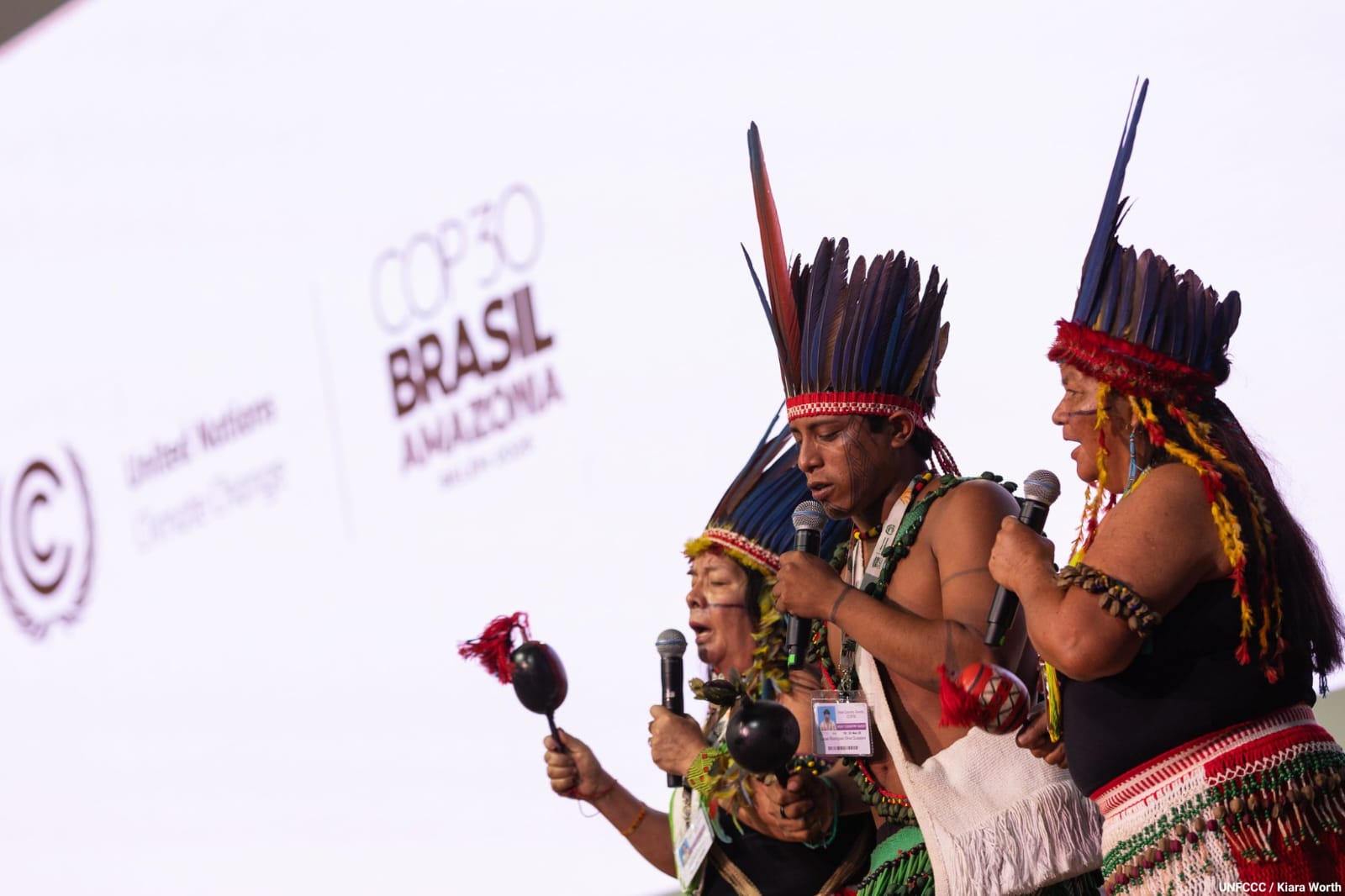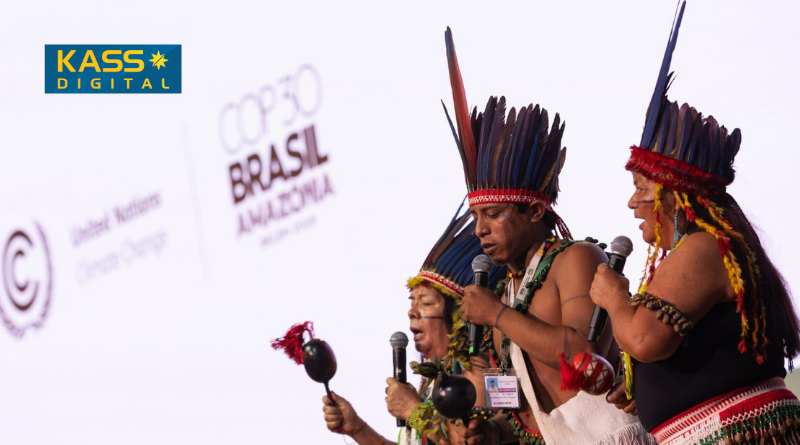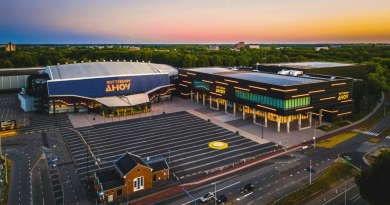COP30 Opens in Belém with a Call for United Climate Action
By Chemtai Kirui | BELÉM, Brazil,
The 30th annual climate summit of the United Nations Framework Convention on Climate Change (COP30) is underway in the Amazon city of Belém, bringing together representatives from more than 190 countries.
The conference, which opened on Monday, will over the next two weeks see delegates negotiate how to cut greenhouse gas emissions, mobilise finance for developing nations, and accelerate adaptation to extreme weather events.

At the opening ceremony, UN Climate Change Executive Secretary Simon Stiell urged delegates to set aside geopolitical divisions and act collectively.
“Your job here is not to fight one another — your job here is to fight this climate crisis, together,” he said.
Stiell added that while the 2015 Paris Agreement had helped bend the global emissions curve, countries remain far off track to limit global temperature rise to 1.5 °C above pre-industrial levels , the threshold many scientists say is critical to avoid the most severe climate disruptions.
Host nation Brazil, spotlighting the Amazon rainforest as both a symbol of climate risk and resilience, managed to secure agreement on the summit’s agenda after disputes among negotiators over carbon taxes, climate finance, and forest protection.
The mood at the start was one of cautious optimism: urgency was palpable, but so was the recognition that simply renewing pledges will not be enough without tangible follow-through.
For developing countries, including Kenya, the summit’s outcomes carry far-reaching implications.
Across East Africa, climate change is already affecting rainfall patterns, agricultural yields, and food security.
Kenyan officials say that stronger global commitments on adaptation financing, funds to help countries cope with droughts, floods, and other climate impacts, would directly support national efforts in water-resource management, early-warning systems, and community resilience building.
Economists note that the negotiations are increasingly about finance and development as much as the environment. Outcomes at COP30 could influence future investment in clean-energy infrastructure, carbon markets, and nature-based solutions, sectors in which Kenya is positioning itself as a regional leader.
Brazil’s proposal for a “Tropical Forests Forever” facility, which aims to reward tropical countries for keeping forests standing, may also shape Kenya’s emerging forestry and carbon-offset policies.
Still, analysts caution that the real test will be whether commitments turn into action. Despite progress since the Paris Agreement, global greenhouse-gas emissions remain near record highs, and many countries face fiscal constraints that make large-scale climate investment difficult.
“COP30 will be judged by whether it brings measurable implementation, not just new promises,” said one African climate-policy expert.
The summit runs from November 10 to November 21, 2025. Negotiators will, among other tasks, assess how to operationalise the next phase of finance commitments, strengthen technology transfer, and scale up nature-based solutions in vulnerable regions.
For Kenya and other climate-vulnerable countries, the discussions in Belém go far beyond diplomacy. They will help determine whether the world delivers on its promise of shared responsibility, one that links the future of small-scale farmers in Turkana to decisions made thousands of kilometres away in the Amazon.




